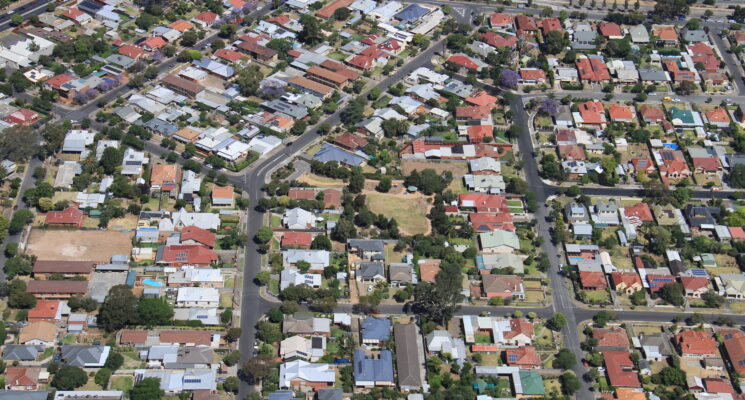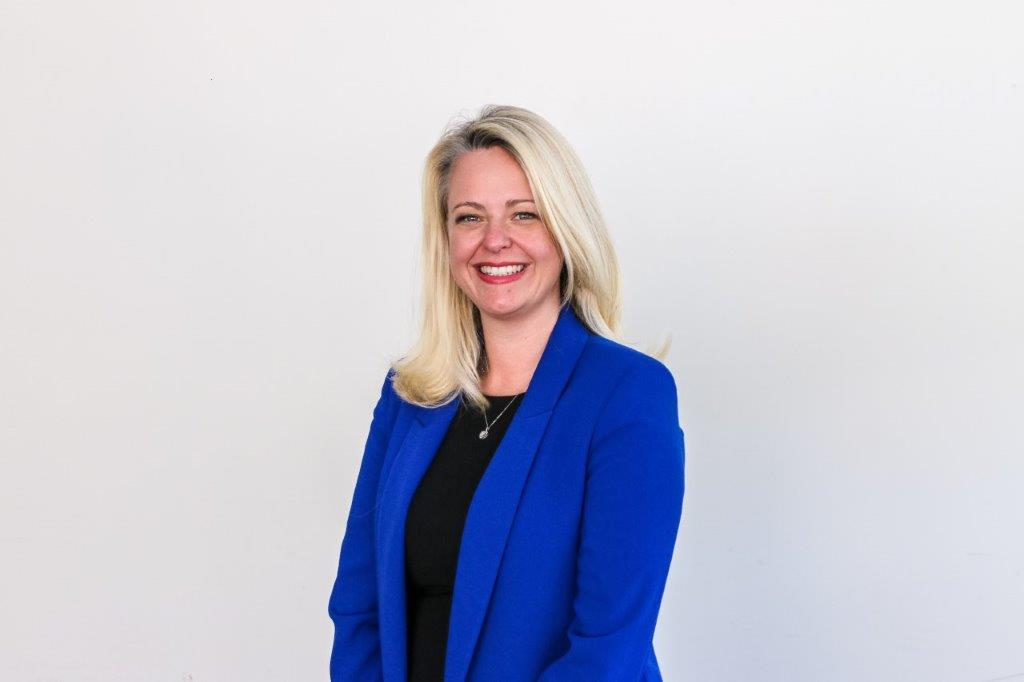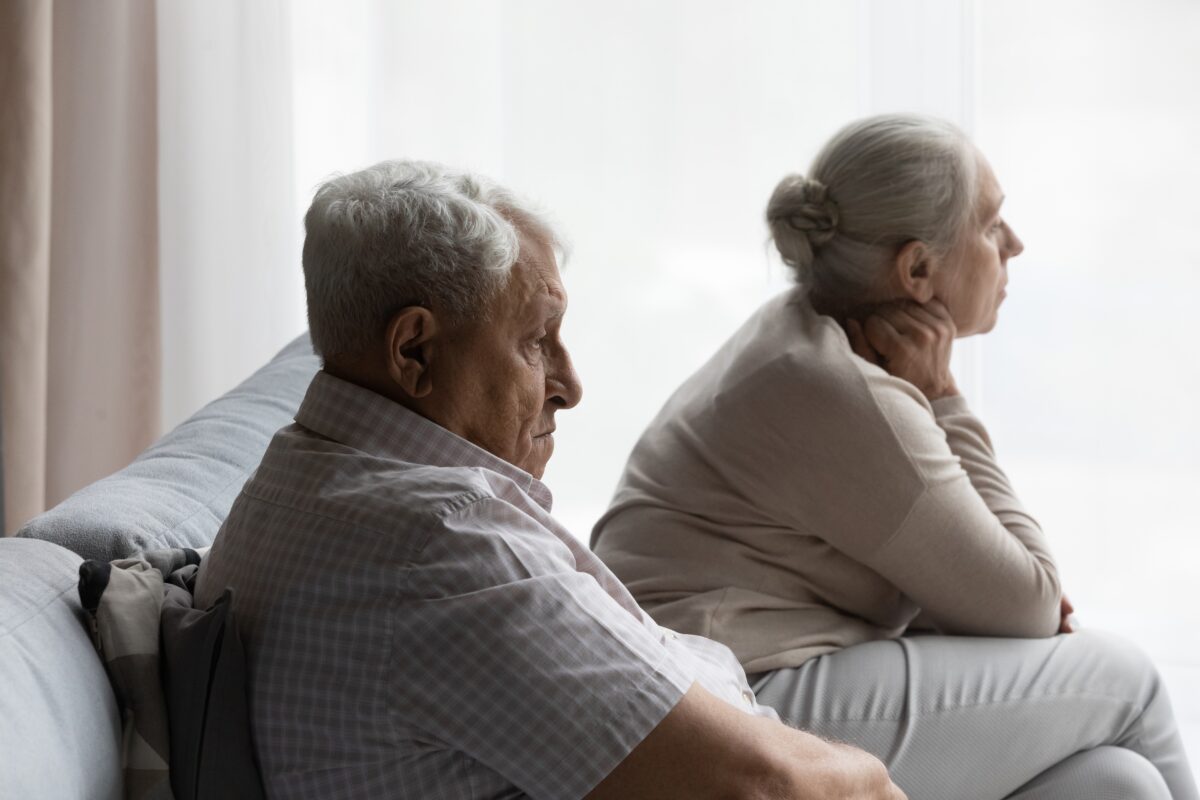
Minimum wage workers are failing to keep a roof over their heads, with just two rental properties found affordable from more than 1000 listed in Adelaide last month, says a report released today.
The Anglicare Australia Rental Affordability Snapshot 2022 found household groups relying on government assistance were doing it even tougher with most not able to afford any of the rentals on offer. This includes single pensioners.
Believe Housing Australia Head of Housing Operations Stacey Northover said: “This year’s report is a serious wakeup call for governments that without meaningful intervention, rental affordability will keep declining.”

The Snapshot surveyed 1125 rental listings for Greater Adelaide on realestate.com.au on the March 19 weekend to find:
- ZERO rentals were affordable and appropriate for single Aged Pensioners, Disability Support Pensioners, and singles receiving current Parenting Payments, Jobseeker, and the Youth Allowance
- TWO rentals (0%) were affordable and appropriate for a single person on a minimum wage
- FOUR rentals (0%) were affordable and appropriate for couples with two children on Jobseeker
- FOUR rentals (0%) were affordable and appropriate for couples on the Age Pension
- SIXTEEN rentals (1%) were affordable and appropriate for single parents with two children on a minimum wage (with Family Tax Benefit A and B)
The first Snapshot with SA data in 2013 showed there were 518 Adelaide private rentals considered affordable for a minimum-wage-earning couple with two children (with Family Tax Benefit A and B). This compares to 283 last month.

“We urgently need to confront the disturbing reality of what this means: literally tens of thousands of South Australians – including children – are becoming more vulnerable to housing stress and homelessness and that number is likely to increase,” said Ms Northover.
“Investing in more social and community housing and a permanent increase to income support payments is the most powerful way to make the market more affordable and ensure South Australians do not have to choose between rent and food to keep a roof over their heads.”
Believe Housing Australia last month announced it would invest more than $100M in social and affordable housing in SA over the next 10 years to help address thedire shortage of 40,400 affordable homes needed to keep up with projected demand over the next 14 years.*
* Most recent data from the Australian Housing and Urban Research Institute.
About the Rental Affordability Snapshot: The survey uses government rates for benefit payments and the minimum wage to calculate income for 14 different low-income households. An “affordable property” is one where the rent does not exceed 30 per cent of a household’s budget. Research shows rent higher than this means financial stress. An “appropriate property” is one that suits the needs of the tenant (e.g., three-bedroom home for a family of four or more).
About Believe Housing Australia: Believe Housing Australia is a nationally accredited Tier 1 community housing provider that owns or manages more than 2,100 social and affordable homes in SA. Safe and secure housing and tenancy services are provided to people on low incomes, those who have experienced homelessness, First Nations people, people with a disability, and survivors of domestic violence. Believe Housing Australia is part of the AnglicareSA family, which means tenants have access to a wide range of support services. Formerly known as AnglicareSA Housing, Believe Housing Australia remains a fully owned subsidiary company of AnglicareSA.
Case studies
AnglicareSA and Believe Housing Australia has been granted permission to publish these stories. Names have been changed at the request of individuals to protect the identity of their children.
Leanne from Adelaide’s northern suburbs: single mum of two

Leanne is a single parent with sole care of two young children.
She spent five months late last year searching for a home across Adelaide after the rental lease of her home for two years expired and was not renewed. Based on the single parenting allowance, Leanne can spend about $400 a week on rent.
“I can’t tell you how many houses I looked at,” says Leanne. “I couldn’t find anything we could afford – absolutely nothing, or, if it was affordable, it was not fit for children.
“It’s been a very stressful and difficult time.”
Leanne and her children are now renting a three-bedroom home below market rates that is managed by Believe Housing Australia in Adelaide’s northern suburbs.
“We are very lucky – it’s all worked out for me and the kids,” says Leanne. “We do have a happy ending but there are so many more people out there waiting.”
Anne from the Adelaide Hills: disability pensioner
Anne has been looking for a suitable rental property for the past six months after the home she was renting was sold for a record price last year.
Anne has been living at Anne’s brother’s rental home since January 2022. His home also is due to be sold by its owners later this year.
“It’s unprecedented and I’m scared of having nowhere to live,” she says.
The $350 a week Anne can afford to spend on rent, based on her disability income, has not been enough to secure the two-bedroom home she’s been searching for. She’s visited more than 30 private rental properties.
“I’ve looked for everything and I’ve applied for everything,” says Anne.
“I mean, yes, rent has gone up – but there’s also just not enough houses full stop. The gap has gotten wider pretty quickly, and I’ve got money for a bond and just that’s not enough.”
Andy from Adelaide’s northern suburbs: single pensioner
Disability pensioner Andy was forced to couch surf with friends after a long-term relationship ended, leaving him without a home.
The 66-year-old grandfather says he has rented a home all his life without a problem until COVID arrived.
“There is nowhere to go for people doing it tough,” says Andy. “You just can’t afford to rent anymore.”
Poor health – from triple bypass surgery and work-related disabilities – meant finding a place to rent for less than $350 a week was “impossible”.
Andy spent five months searching for a home in mid-2020.
He says rising rent, not enough housing stock, and record property prices were to blame.
Andy was finally able to secure a one-bedroom unit, rented at below market rates, through social housing provider Believe Housing Australia.
He’s currently sharing his unit with his 24-year-old daughter who can’t afford to rent on her own.